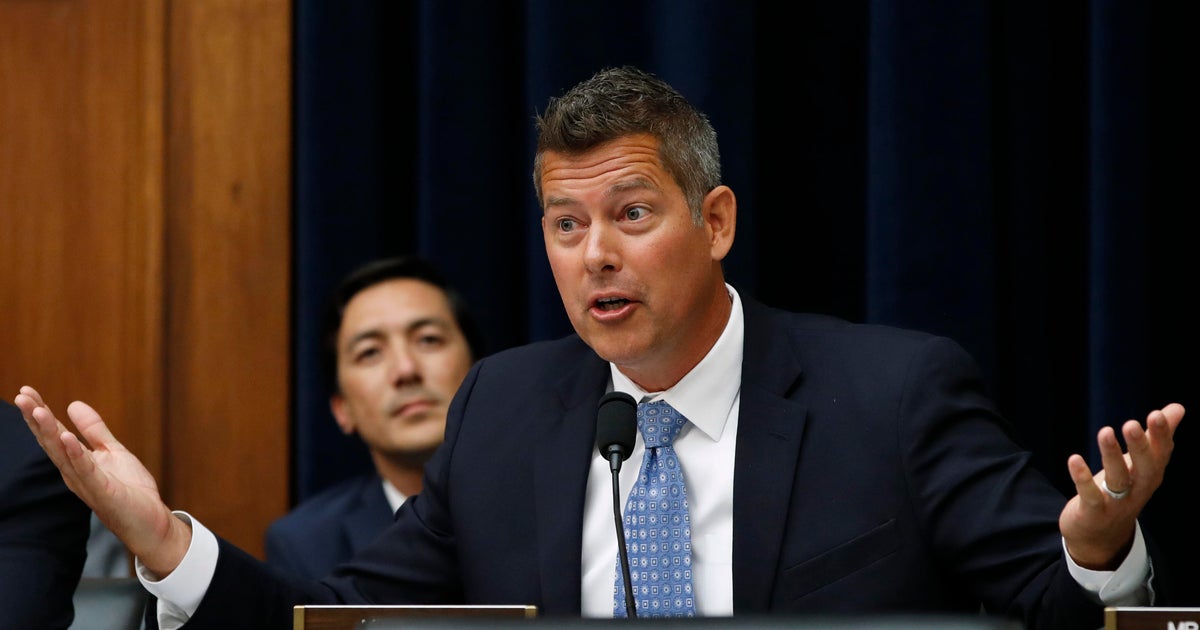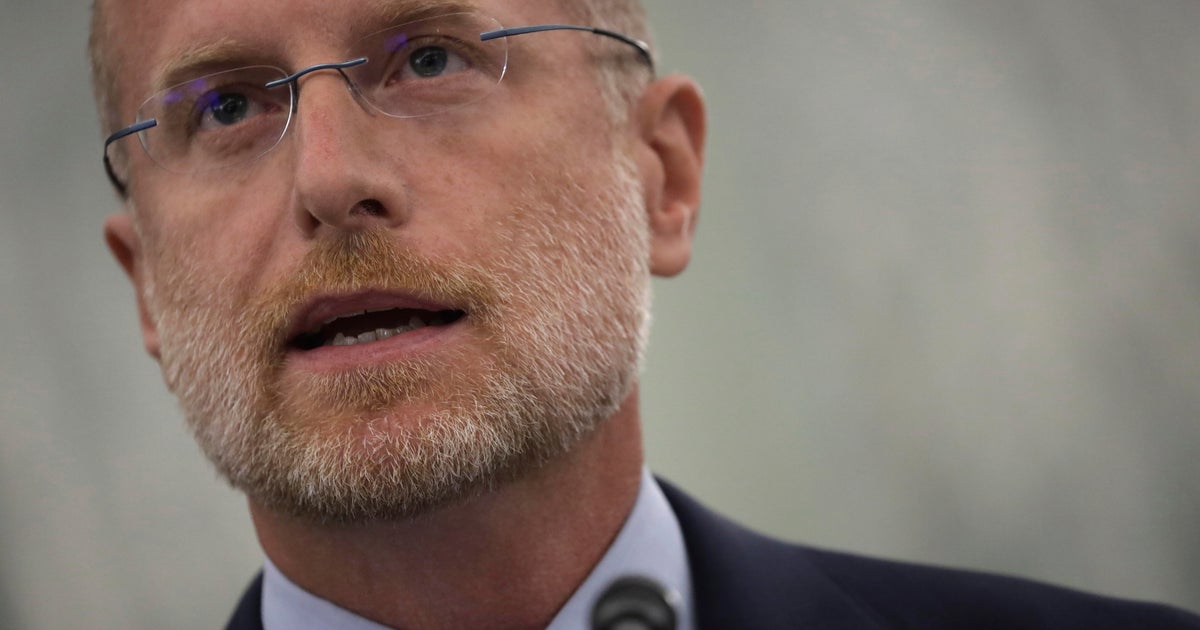On social media, Trump wonders "what changed" for Democrats regarding Comey
President Trump was active on social media Wednesday night, asking Democrats via Twitter "WHAT CHANGED?" He posted a video with a series of past clips of Democratic lawmakers and operatives calling for then-FBI Director James Comey to step down:
Mr. Trump suggested Democrats should have welcomed his firing Comey, since they "have been complaining for months & months about Dir. Comey." Since Comey's firing, he added, "they PRETEND to be aggrieved. Phony hypocrites!"
In addition to tweeting the video slamming Democrats, Mr. Trump also issued 10 similar Instagram posts, all over the the span of about two hours late Wednesday night.
The posts came after a day when the White House faced an onslaught of questions about Comey's termination. One of the most persistent revolved around the sequence of events -- whether Mr. Trump had chosen to fire Comey, then asked Attorney General Jeff Sessions and Deputy Attorney General Rod Rosenstein to write a memo justifying the move.
Deputy White House Press Secretary Sarah Huckabee Sanders told reporters the president "had been considering letting Director Comey go since the day he was elected." However, Sanders said, Mr. Trump spoke Monday with Rosenstein, who had come to express his "concerns" about Comey. She added that the president asked them -- Sessions and Rosenstein -- to put their concerns in writing.
Asked by a reporter whether the White House was asserting that "Rosenstein decided on his own, after being confirmed, to review Comey's performance," Sanders answered, "Absolutely."
But the Washington Post presented a very different perspective on the deputy attorney general's role in Comey's firing, reporting, "Rosenstein threatened to resign after the narrative emerging from the White House on Tuesday evening cast him as a prime mover of the decision to fire Comey and that the president acted only on his recommendation."
Hours after Sanders' briefing Wednesday, the White House made another attempt to provide a timeline of Comey's firing, saying that over the last several months, the president had lost confidence in Comey. After Comey's testimony Wednesday, in which he misspoke about the Clinton emails found on Anthony Weiner's laptop, the president was strongly inclined to remove him, according to the White House.
On Monday, Mr. Trump met with Sessions and Rosenstein, and they discussed the reasons for removing Comey, the White House said. On Tuesday, Rosenstein and Sessions sent their recommendations to the president.
The Post and the New York Times on Wednesday night published timelines of Comey's firing, both of which pointed to President Trump's increasing frustration with Comey over, among other things, his investigation of Russian interference in the 2016 election.
CBS News' Jillian Hughes contributed to this report



